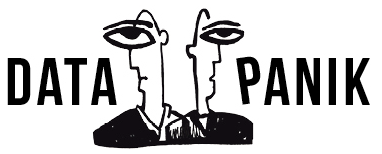Wie wil weten hoe het is om “schoonmaker” op het internet te zijn, kan terecht bij GQ. Lucas Peterson was een van de duizenden content moderators die door Google en Facebook worden ingehuurd om te beoordelen of foto’s of video’s al dan niet door de beugel kunnen. In het beste geval moeten ze beslissen of een advertentie al dan niet bij een website past, of omgekeerd. Maar sommigen kijken ook dagenlang naar de meest verschrikkelijke beelden om te bepalen of ze wel of niet verwijderd moeten worden of dat er misschien zelfs aangifte moet worden gedaan.
![]() My thoughts on this job are not complicated: It was psychologically damaging, and I saw many things I wish I hadn’t seen. I should have spent the time doing something—anything—else. I was also there completely willingly, fed and spoiled by Google, and I found myself occasionally wishing I could go back, long after my employment had ended.
My thoughts on this job are not complicated: It was psychologically damaging, and I saw many things I wish I hadn’t seen. I should have spent the time doing something—anything—else. I was also there completely willingly, fed and spoiled by Google, and I found myself occasionally wishing I could go back, long after my employment had ended.
But someone had to do the job—and by that I mean a human being. In a machine age of robot pharmacists, driverless Ubers, and even online content that will write itself, there remain a few tasks—a few dirty, slightly scarring tasks—that will always require a personal touch. And as long as Google is offering a passable wage and free fruit leather, in the gig economy there will always be mercenaries willing to occupy the lowest rungs of the tech ladder. Google will always need humans in what is becoming the modern world’s most Sisyphean task: to act as custodians of the Internet that we’re simultaneously soiling.
Gore, Porn, and Unspeakable Acts on Dead Bears: My Awful Life as the Internet’s Janitor

